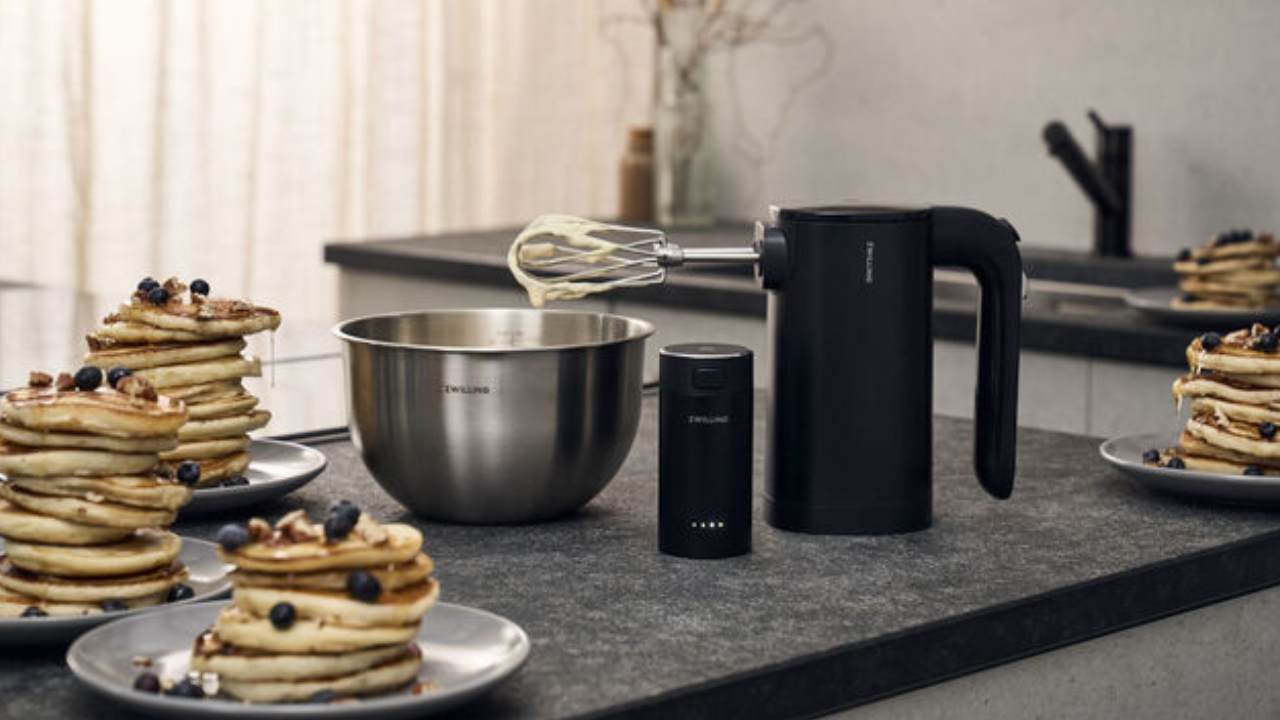Home Living
The latest Home Living breaking news, comment, reviews and features from the experts at T3
Explore Home Living
-
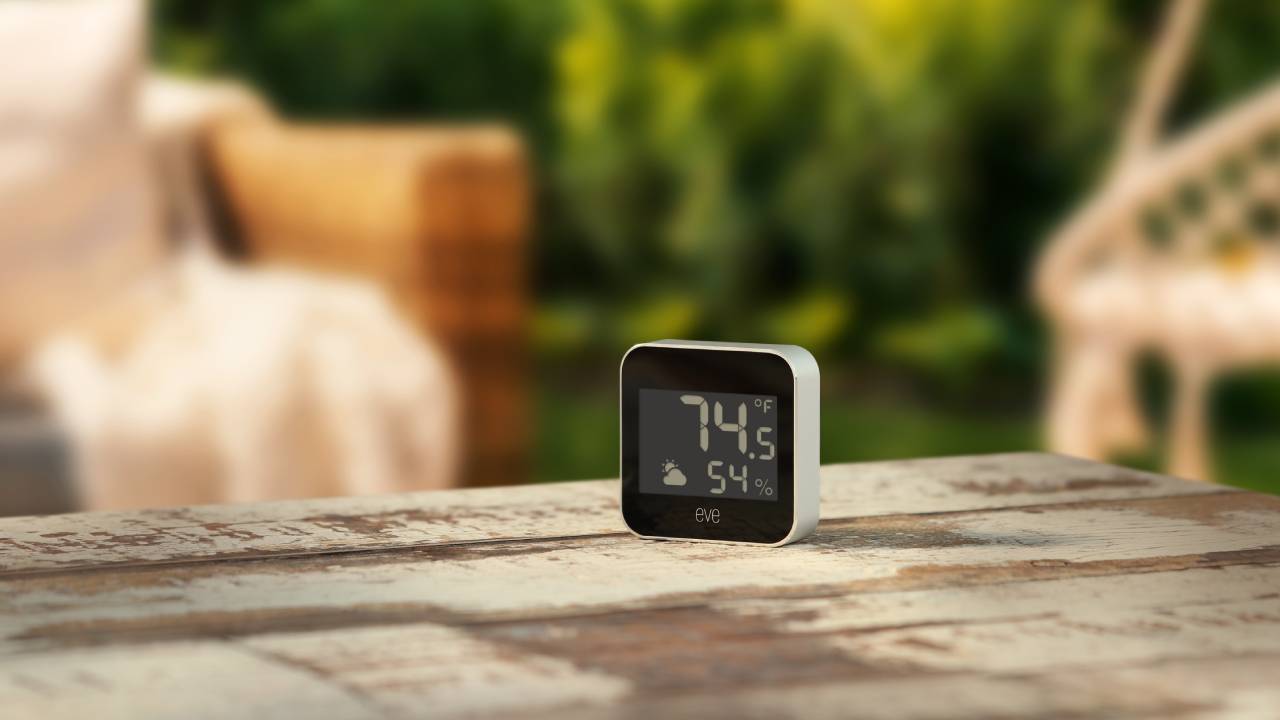
5 outdoor weather stations to help you make the right gardening choices
Everything you need to know about smart weather stations
By Stuart Milne Published
-

Vitesy’s new air purifier looks like a portable speaker
The Vitesy Eteria could be the only air purifier you could ever need
By Bethan Girdler-Maslen Published
-
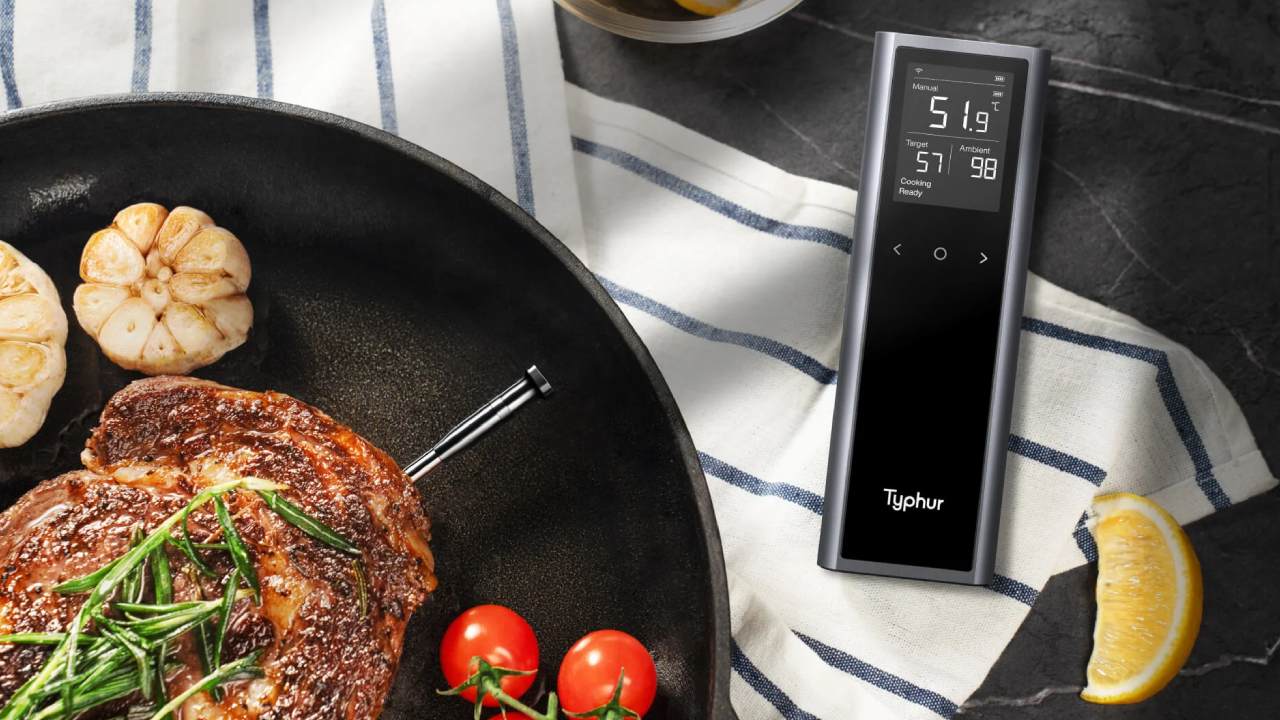
This futuristic meat thermometer comes with its own touchscreen tablet
Typhur’s meat thermometer is a must for this year’s BBQ season
By Bethan Girdler-Maslen Published
-
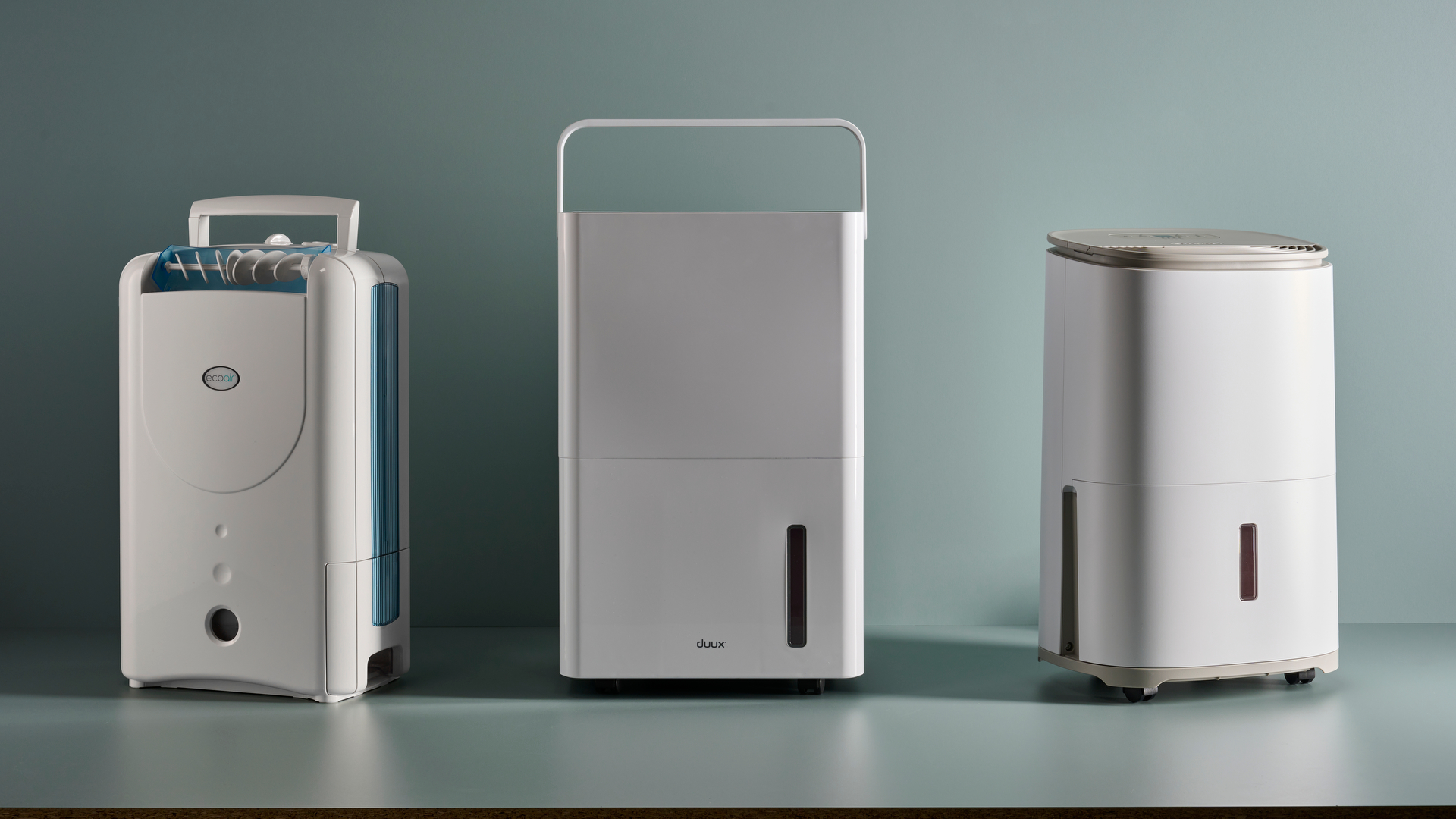
Best dehumidifier 2025: beat damp and mould
Tackle damp like a pro with the best dehumidifiers for home use
By Derek Adams Last updated
-
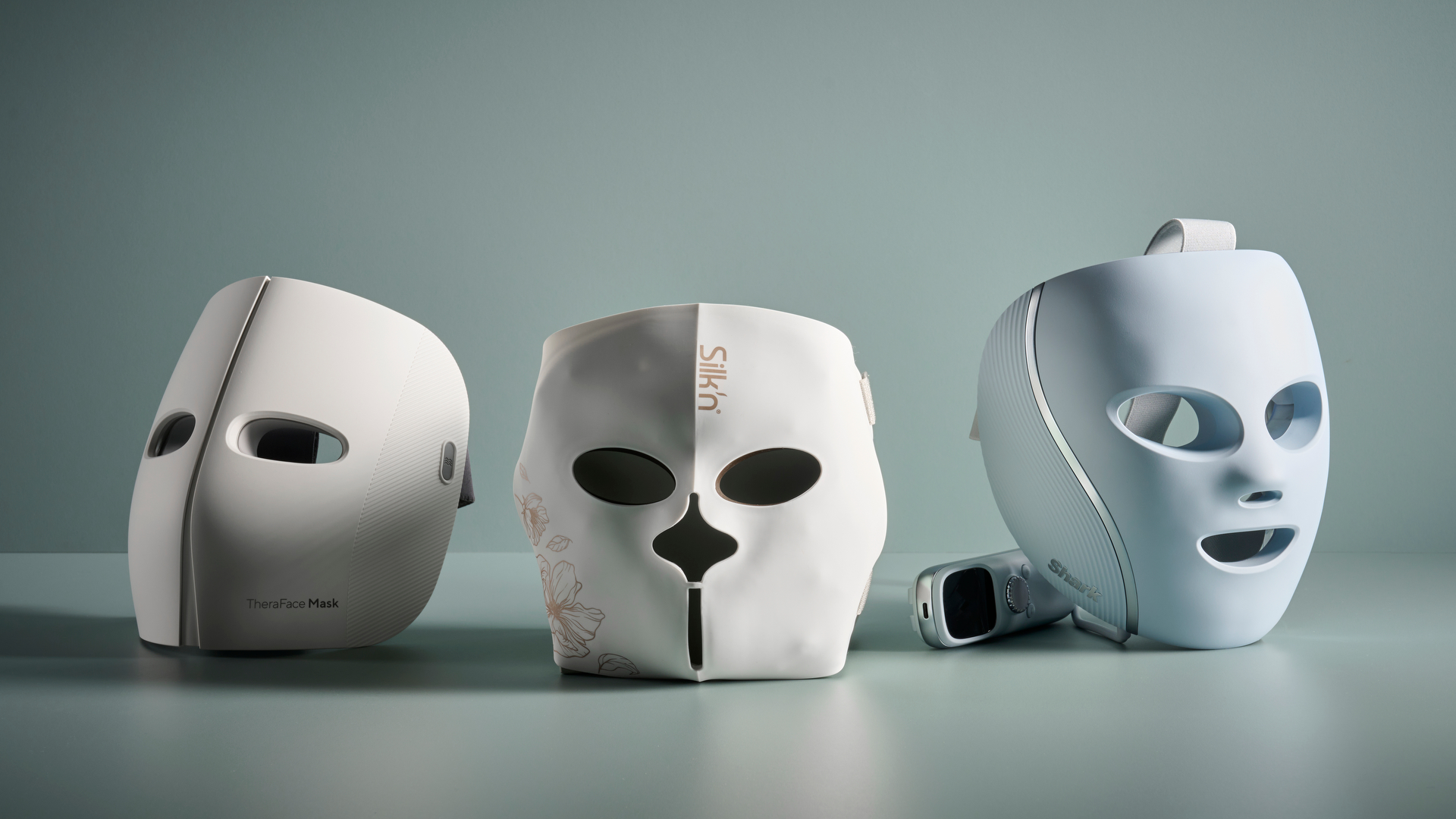
Best LED face mask 2025: luxury beauty tech for brighter, healthier skin
Tackle all your skincare concerns
By Lizzie Wilmot Last updated
-
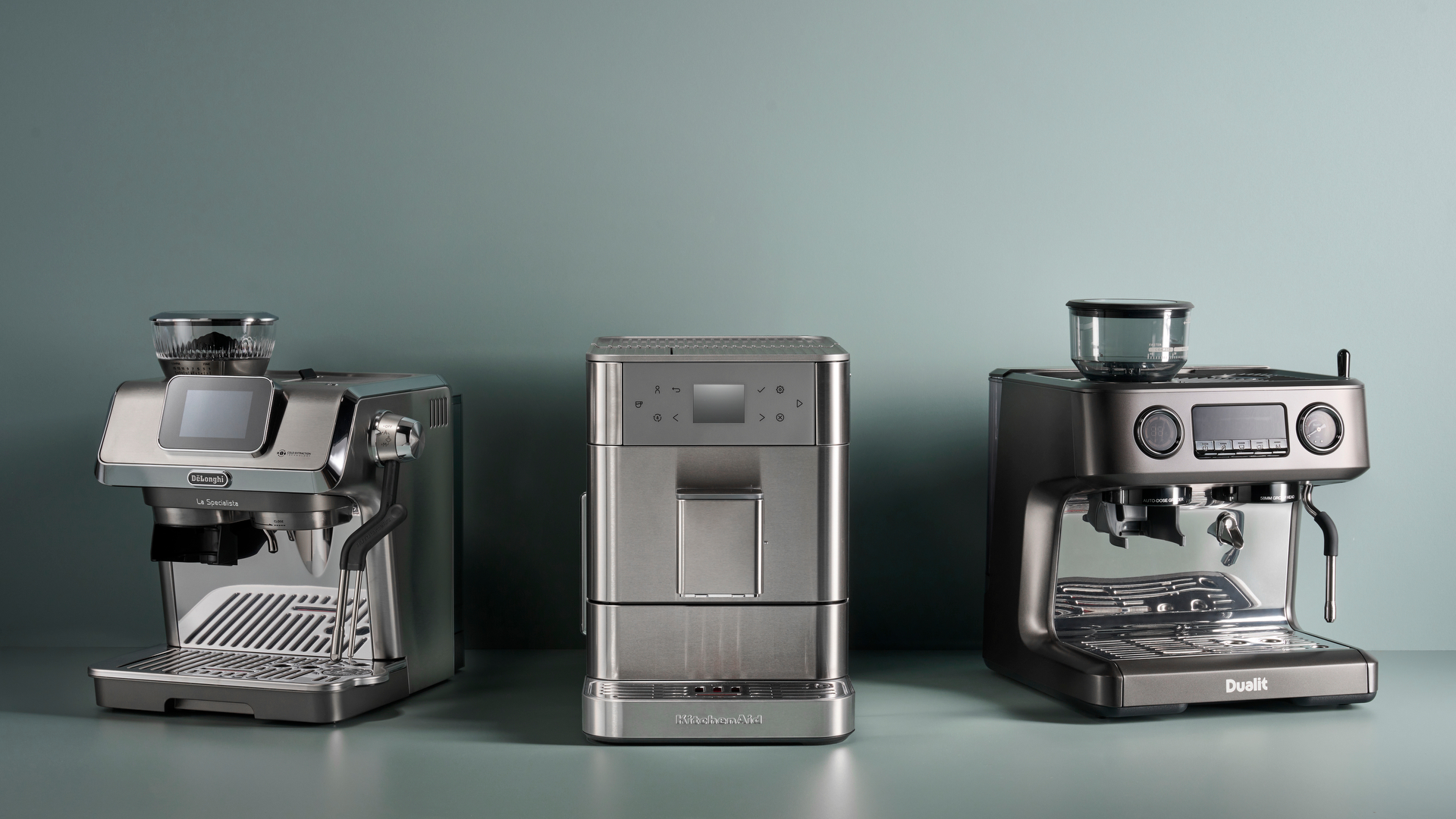
Best bean-to-cup coffee machine 2025: top picks for coffee lovers
Find the best bean-to-cup coffee machines that incorporate a grinder, espresso maker and milk frother in one handy box
By Bethan Girdler-Maslen Last updated
-
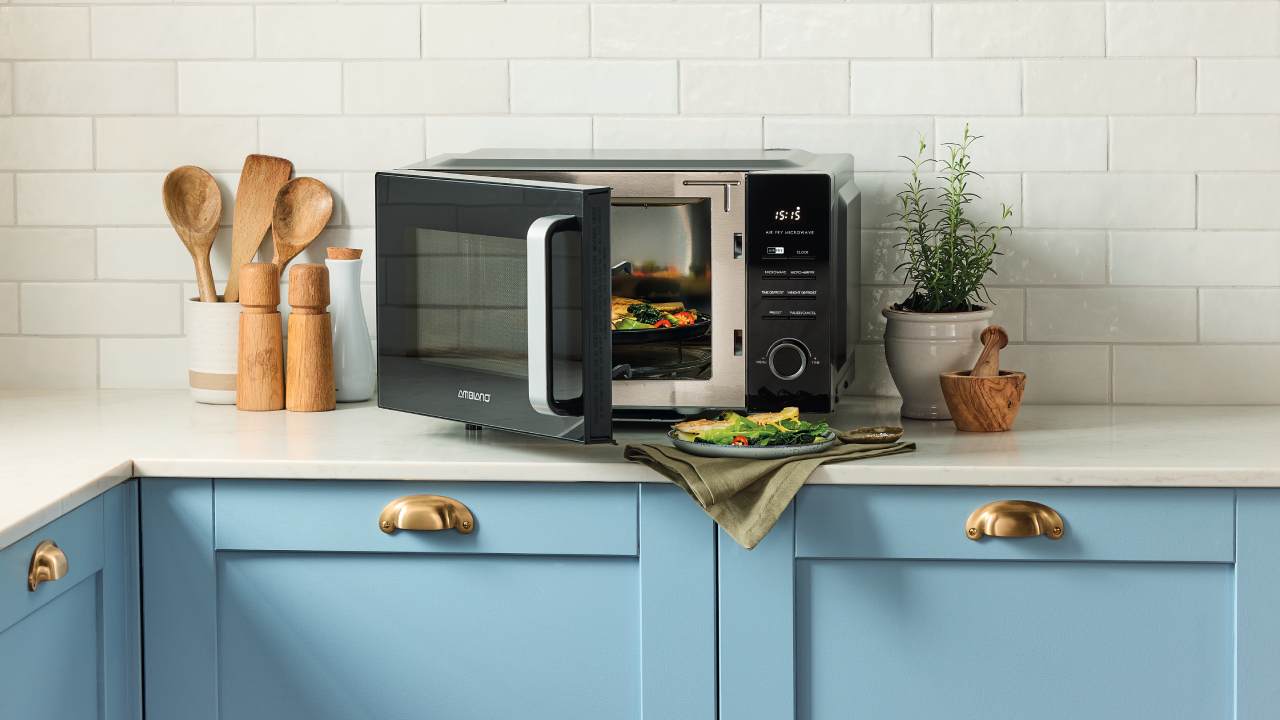
Aldi is back with another 2-in-1 air fryer, and the price will surprise you
Aldi launches new microwave air fryer combo to the middle aisle
By Bethan Girdler-Maslen Published
-
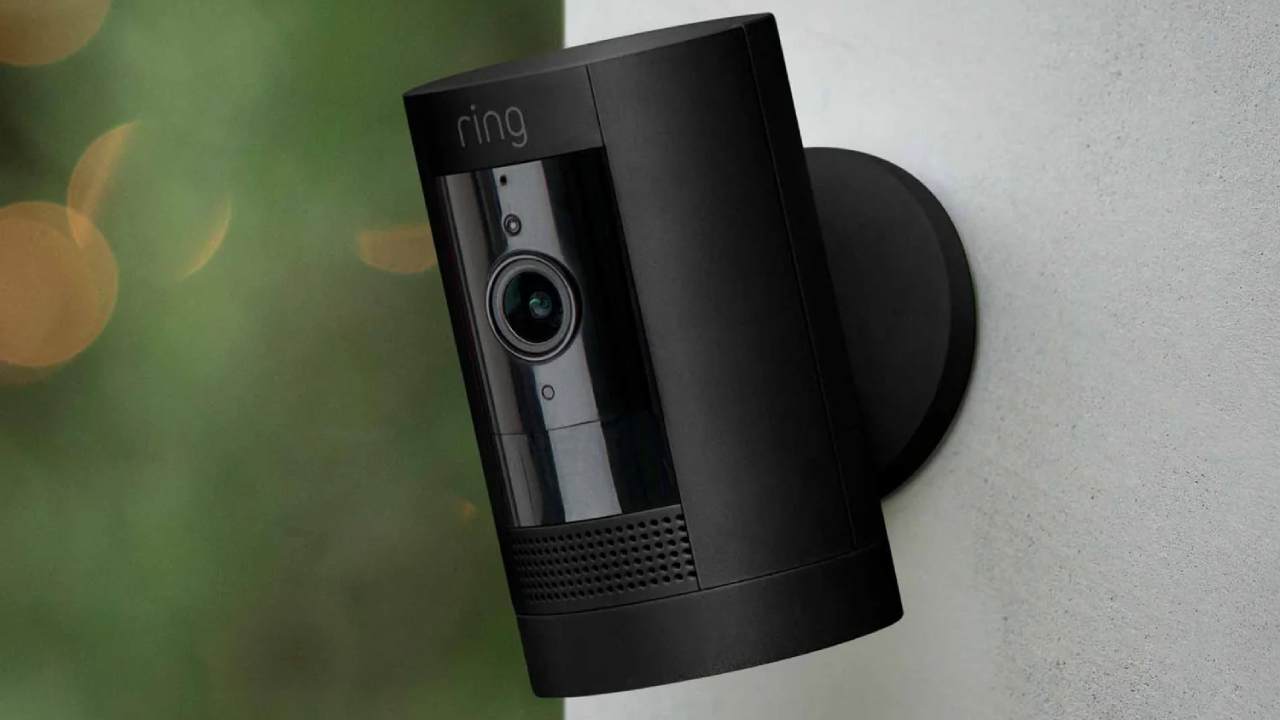
Ring wants to help you birdwatch by giving away free Outdoor cameras
Ring teams up with RSPB to help Brits spot priority bird species
By Bethan Girdler-Maslen Published
-
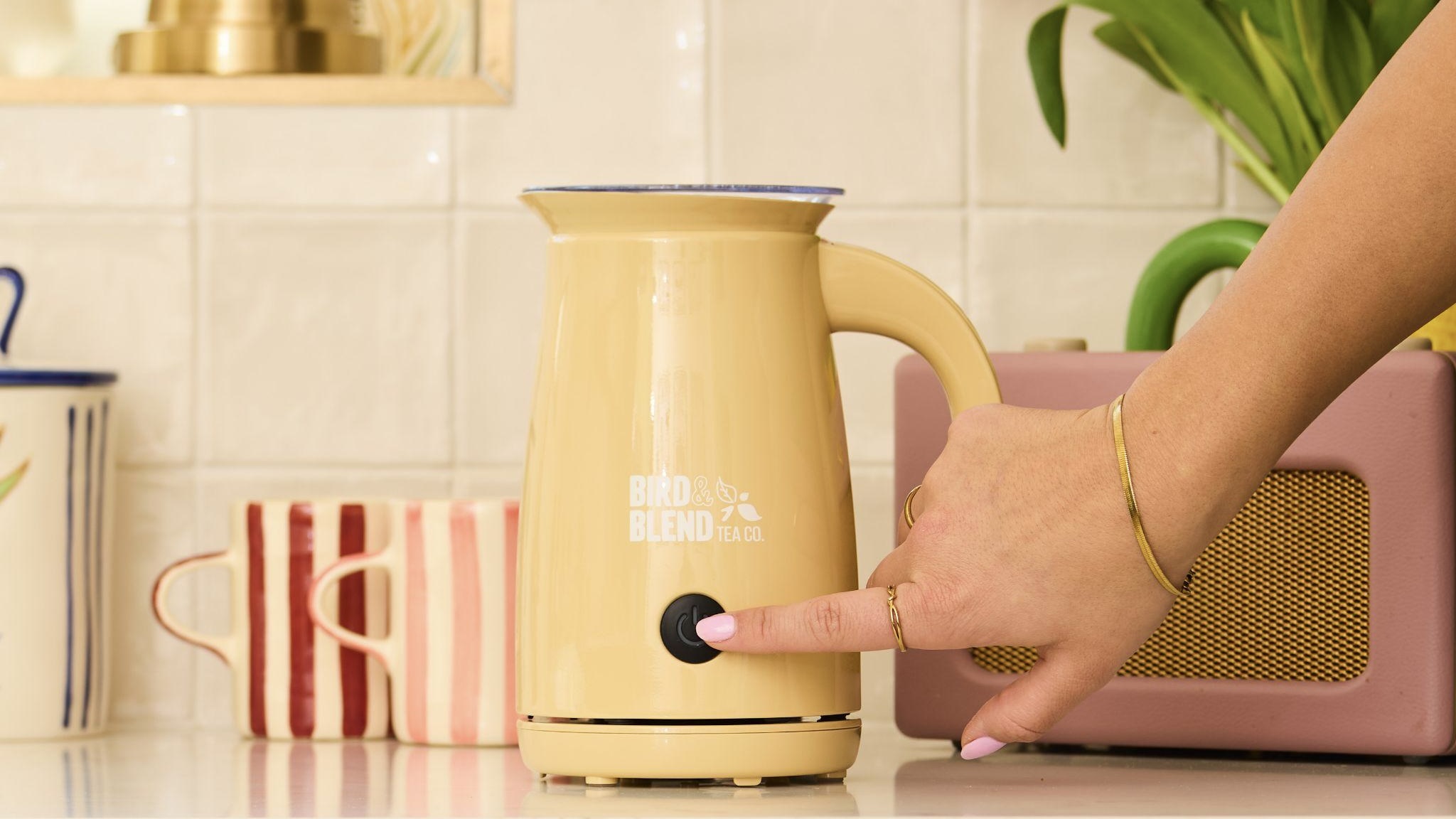
The world's first electric all-in-one matcha latte maker has arrived
Bird & Blend Tea Co. has teamed up with Dualit
By Lizzie Wilmot Published
-

Dyson's best-selling tower fan has had a price cut in this limited-time sale
Beat the heatwave with a bargain
By Lizzie Wilmot Published
-
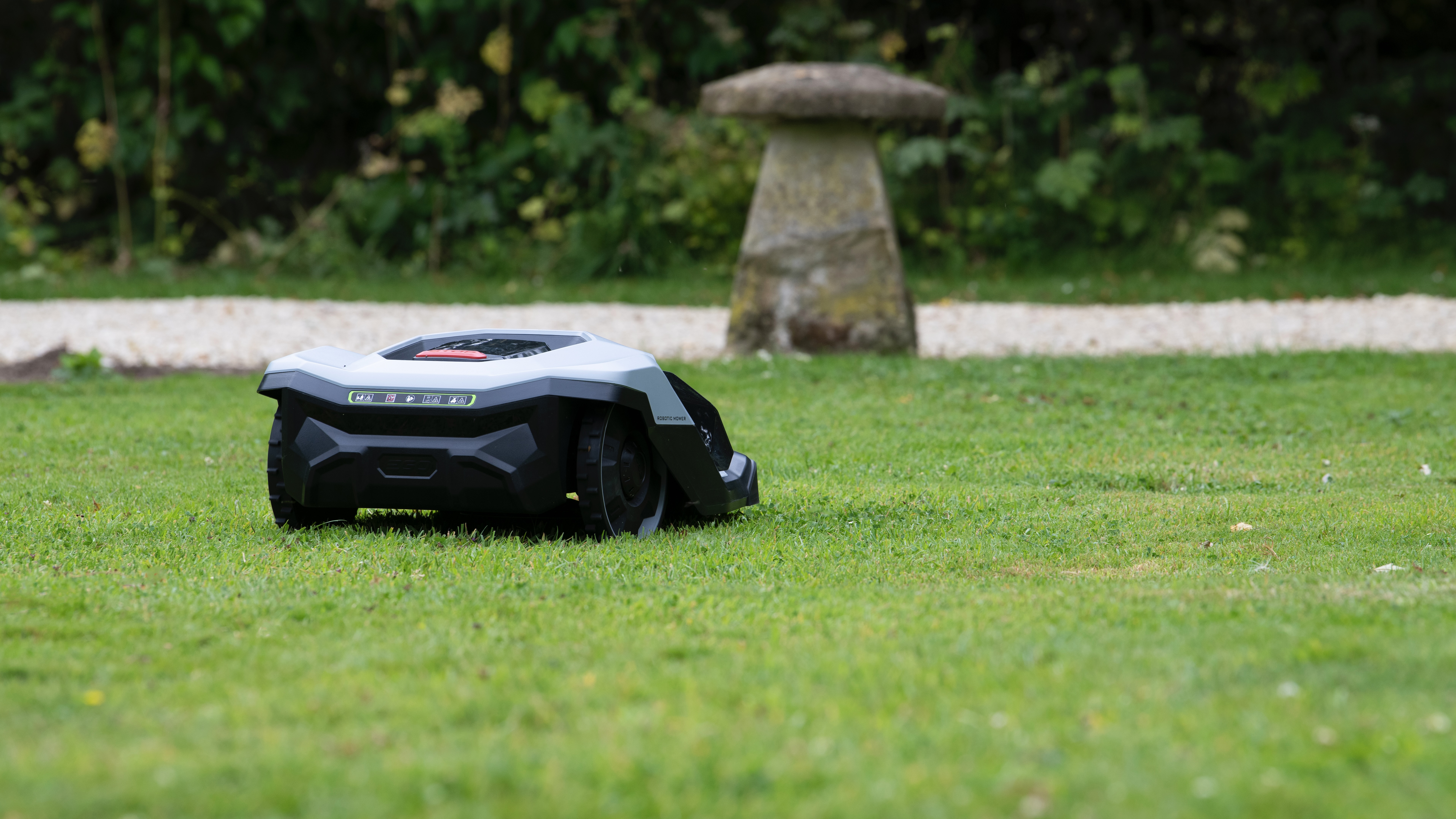
The wait is over – Ego has finally launched its first-ever robot lawn mowers
Yep, there's two
By Lizzie Wilmot Published
-
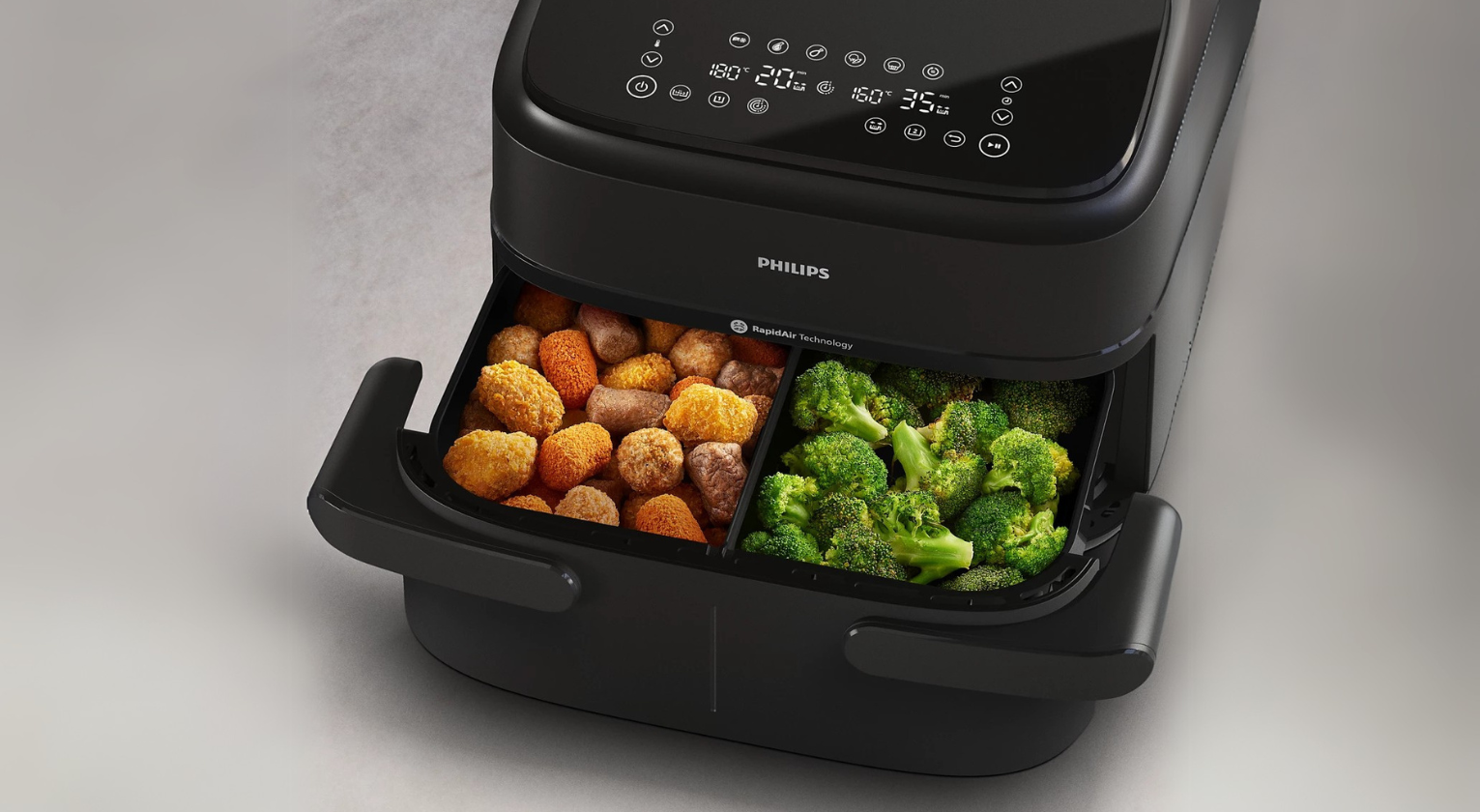
Philips unveils powerful new XL air fryer – and it’s already on sale
Talk about making an entrance!
By Lizzie Wilmot Published
-
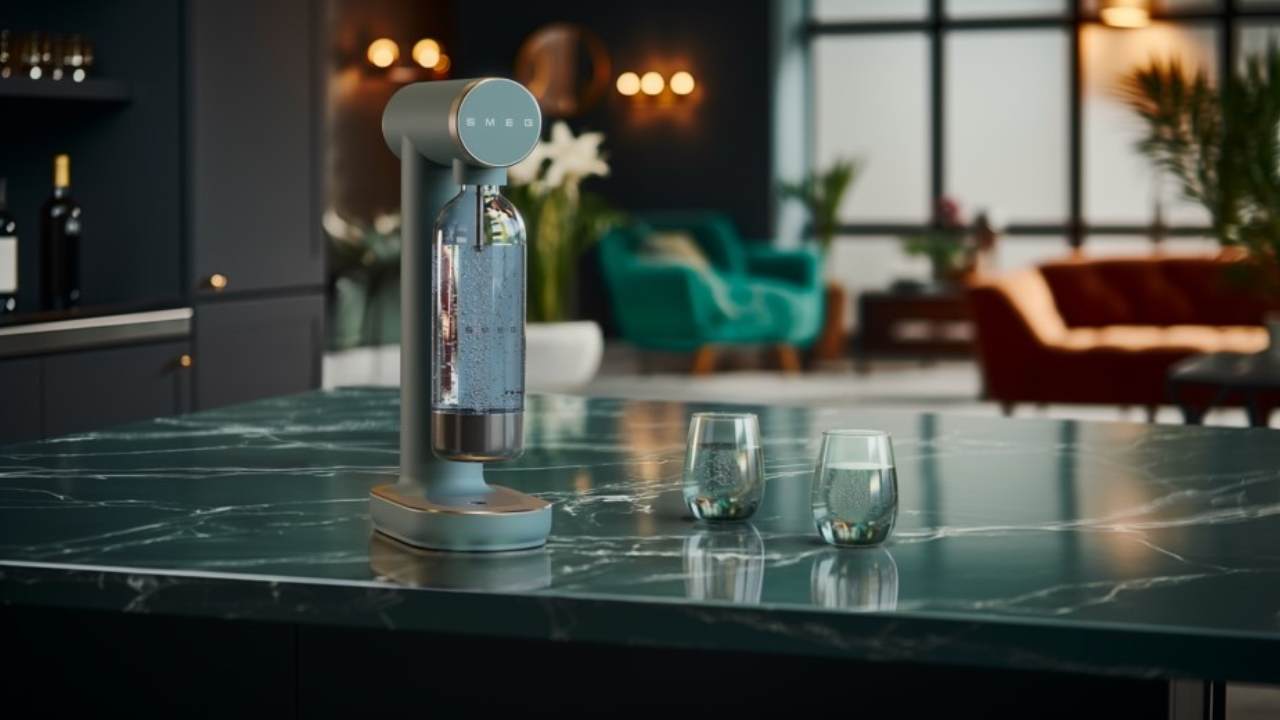
Forget SodaStream – Smeg’s new soda maker is this summer’s must-have drinks machine
Smeg debuts its first ever soda maker, and I want one in every colour
By Bethan Girdler-Maslen Published
-
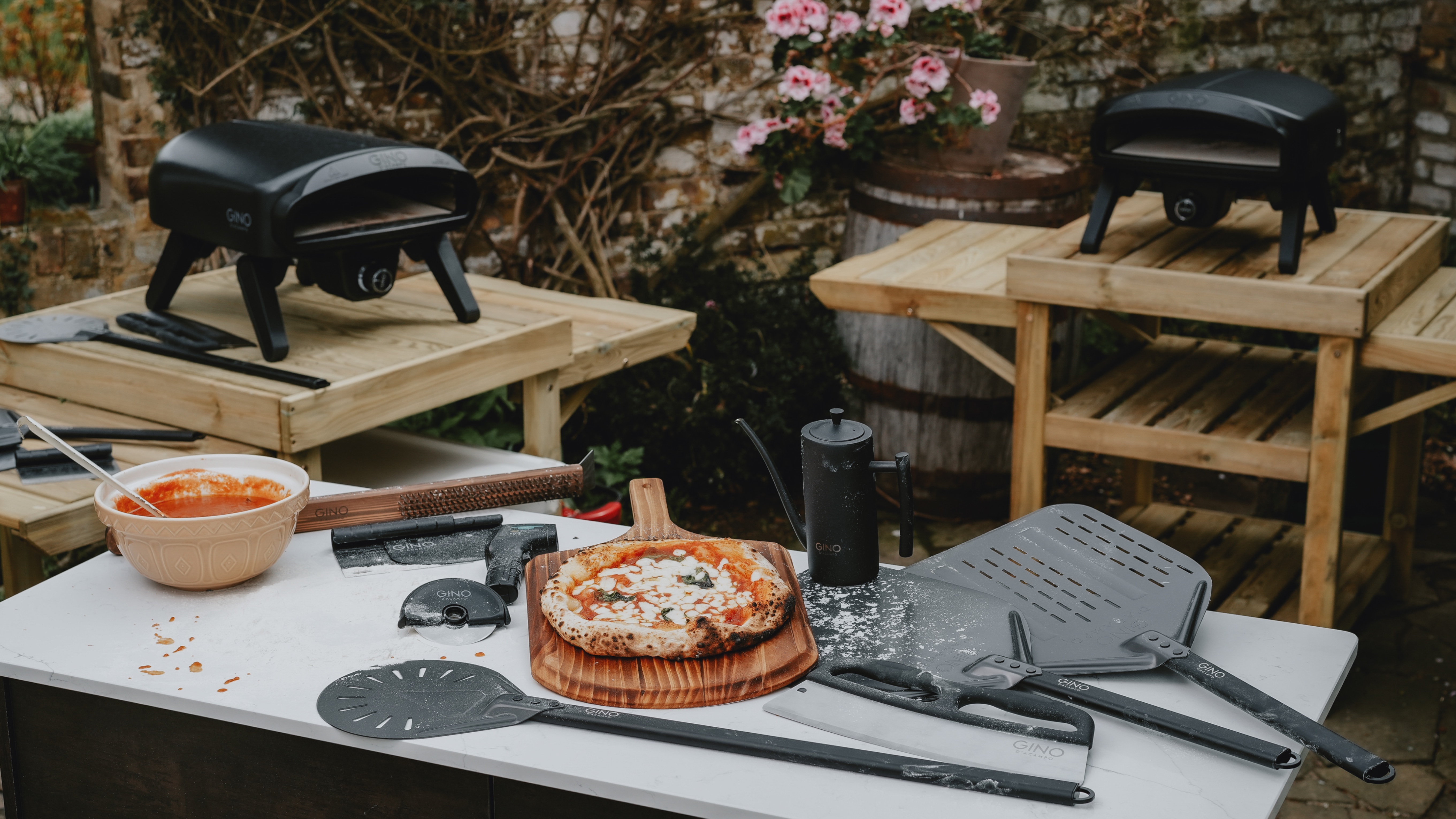
Best pizza ovens 2025: enjoy the crisp, crunch and gooeyness of freshly-baked pizza
Find the best indoor and outdoor domestic pizza ovens to make your al fresco bash go off without a hitch
By Derek Adams Last updated
-
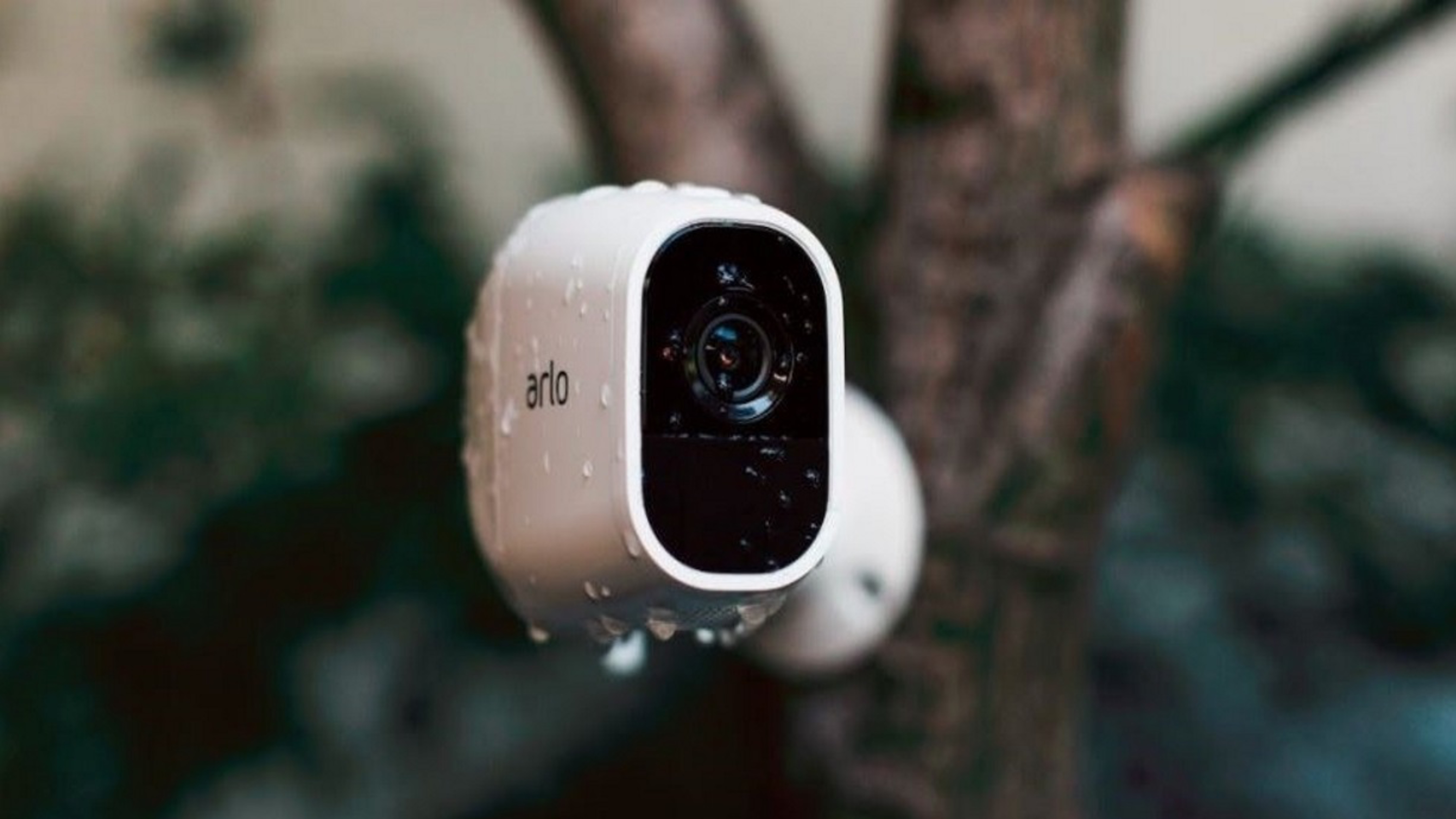
Best security camera 2025: protect your home with top smart wireless cameras
Find the best indoor and outdoor security cameras that detect and capture motion and sound, to keep your property safe
By Bethan Girdler-Maslen Last updated
-
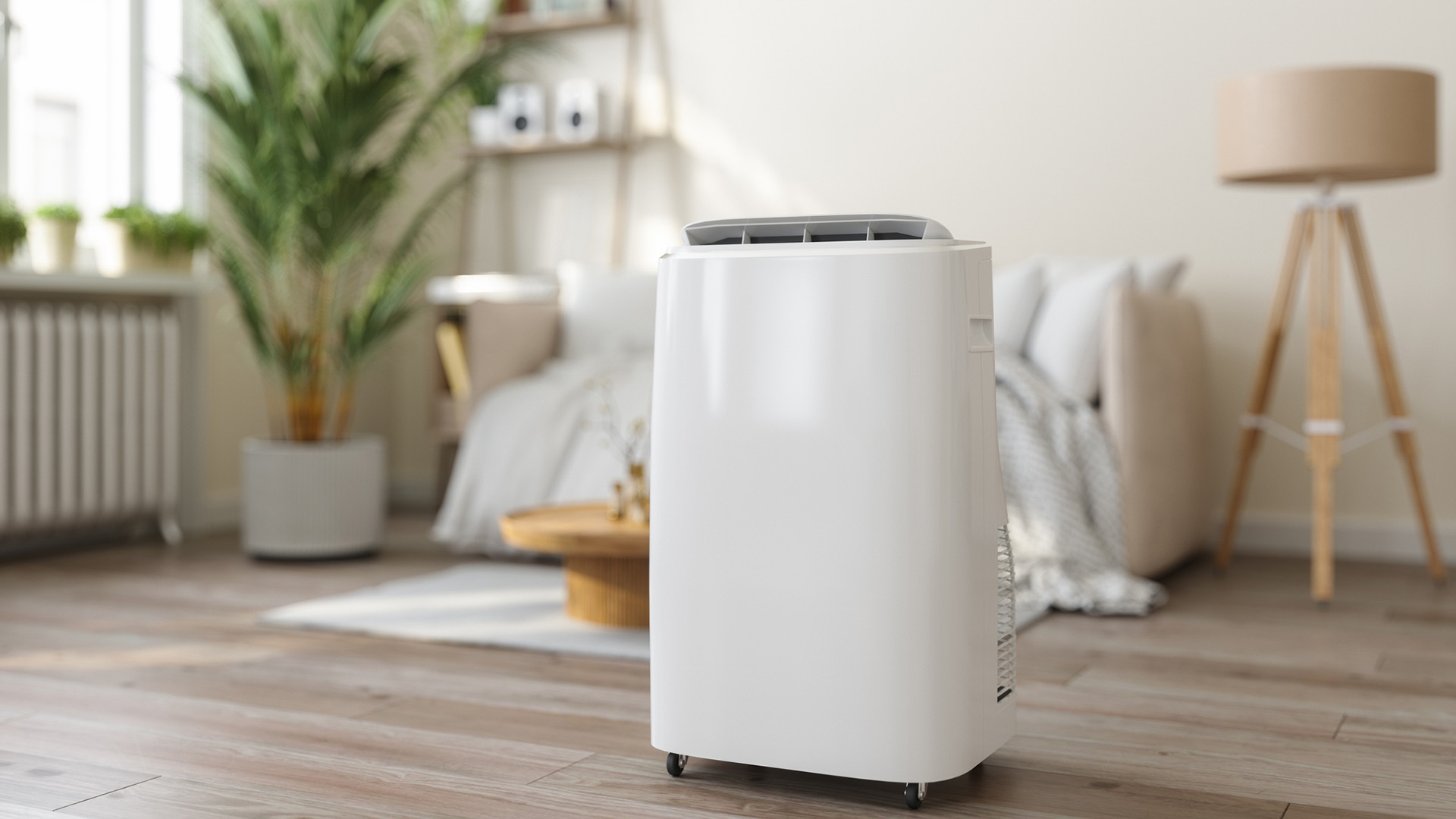
Best portable air conditioner 2025: versatile cooling devices for your home
Stay cool and comfortable with the best portable air conditioner you can buy
By Bethan Girdler-Maslen Last updated
-

Best massagers 2025: banish knots and soothe sore muscles
Find the best massagers to knead away aches and pains, boost circulation and relax after a long day
By Bethan Girdler-Maslen Last updated
-
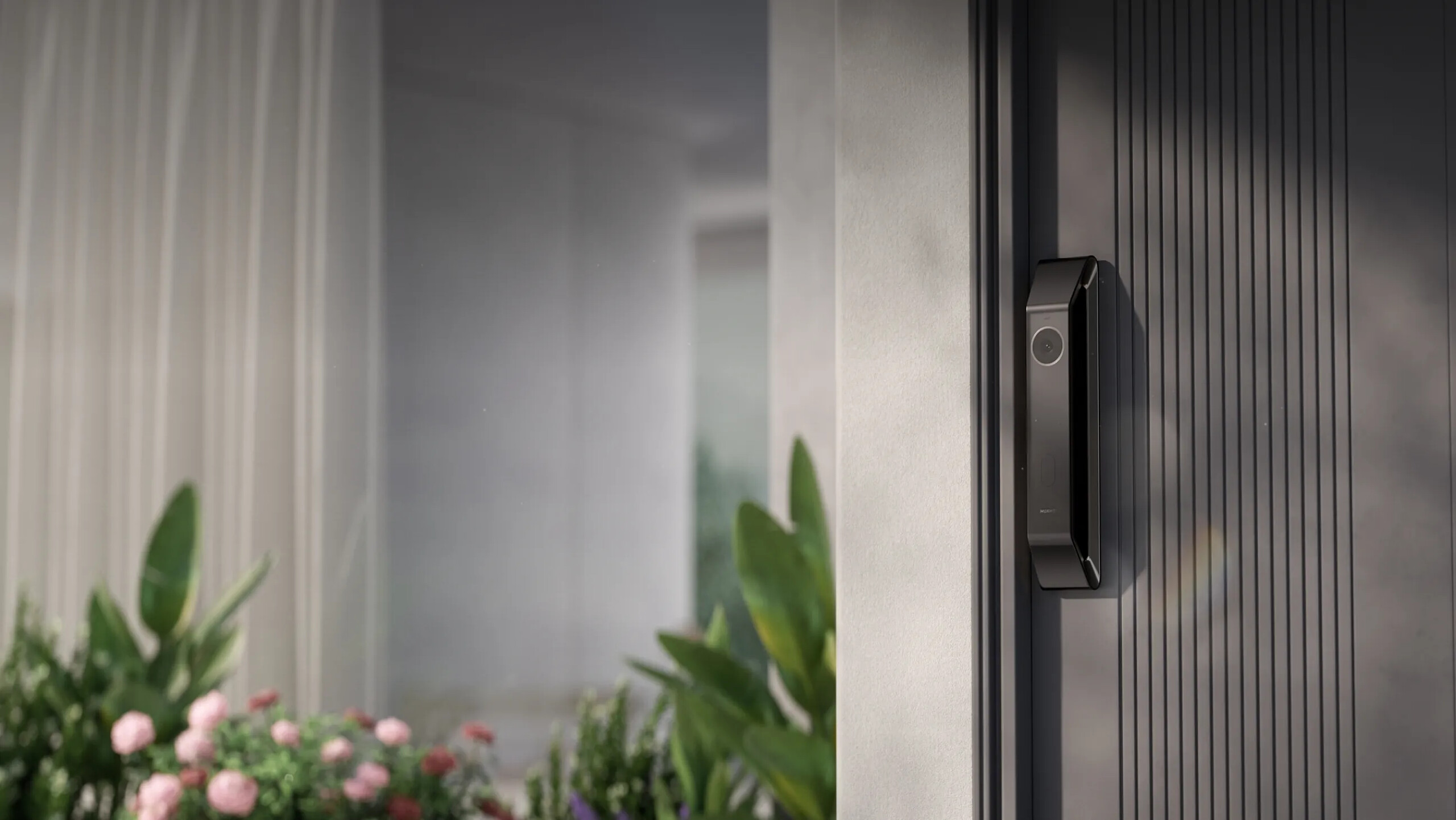
Huawei unveils smart lock with built-in security camera and 5 unlocking modes
It builds on the original model from 2022
By Lizzie Wilmot Published
-
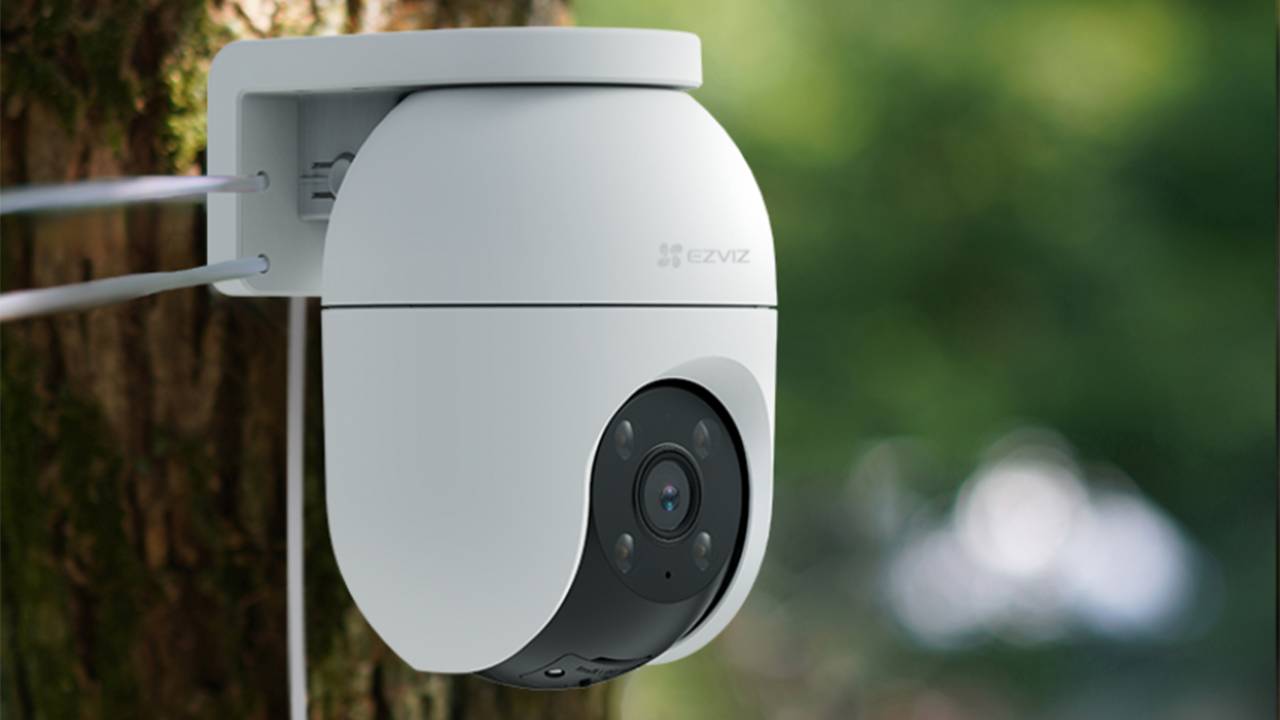
EZVIZ upgrades its outdoor cameras with all day recording – but you might not get it
EZVIZ adds AOV technology to its battery outdoor cameras
By Bethan Girdler-Maslen Published
-
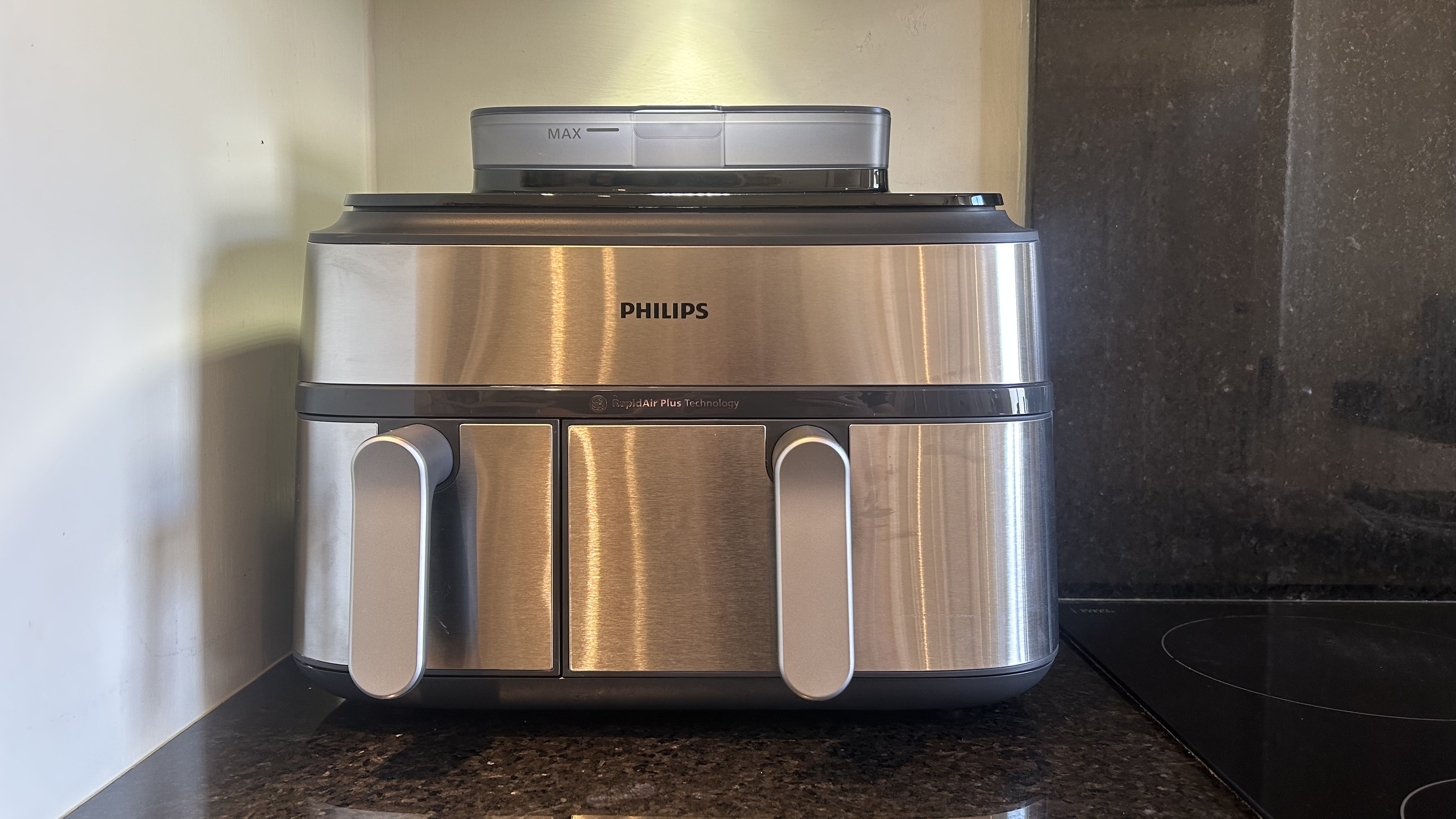
I thought my old air fryer was great – until I tried the new Philips 5000 Air Fryer & Steamer
Consider my mind changed
By Lizzie Wilmot Published
-
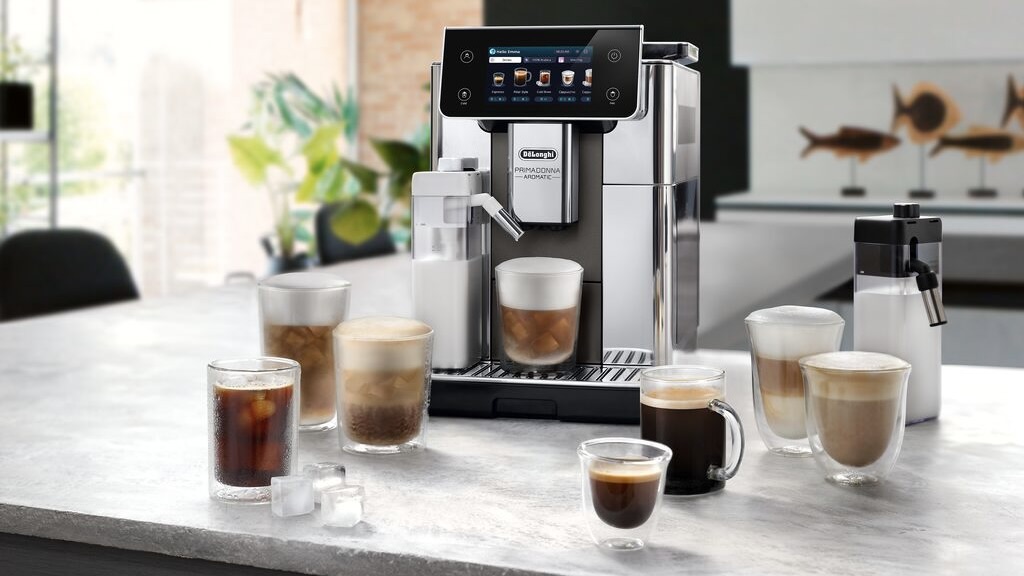
De'Longhi's new bean-to-cup coffee machine lets you enjoy 35 different barista drinks at home
You'll never enter a coffee shop again
By Lizzie Wilmot Published
-
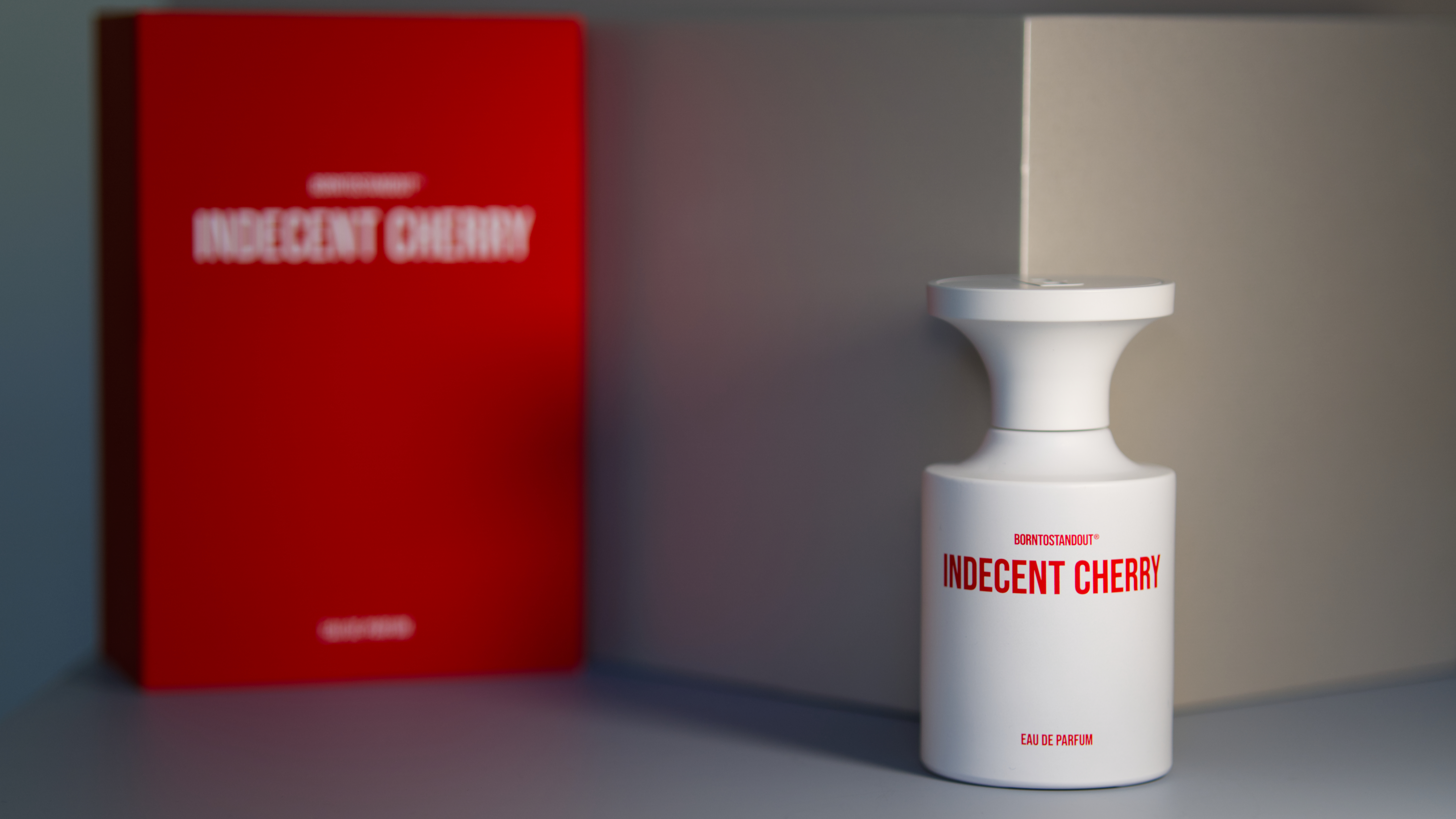
Forget Tom Ford Lost Cherry – this brand you've never heard of is even better
I love Lost Cherry, but I may never wear it again
By Sam Cross Published
-
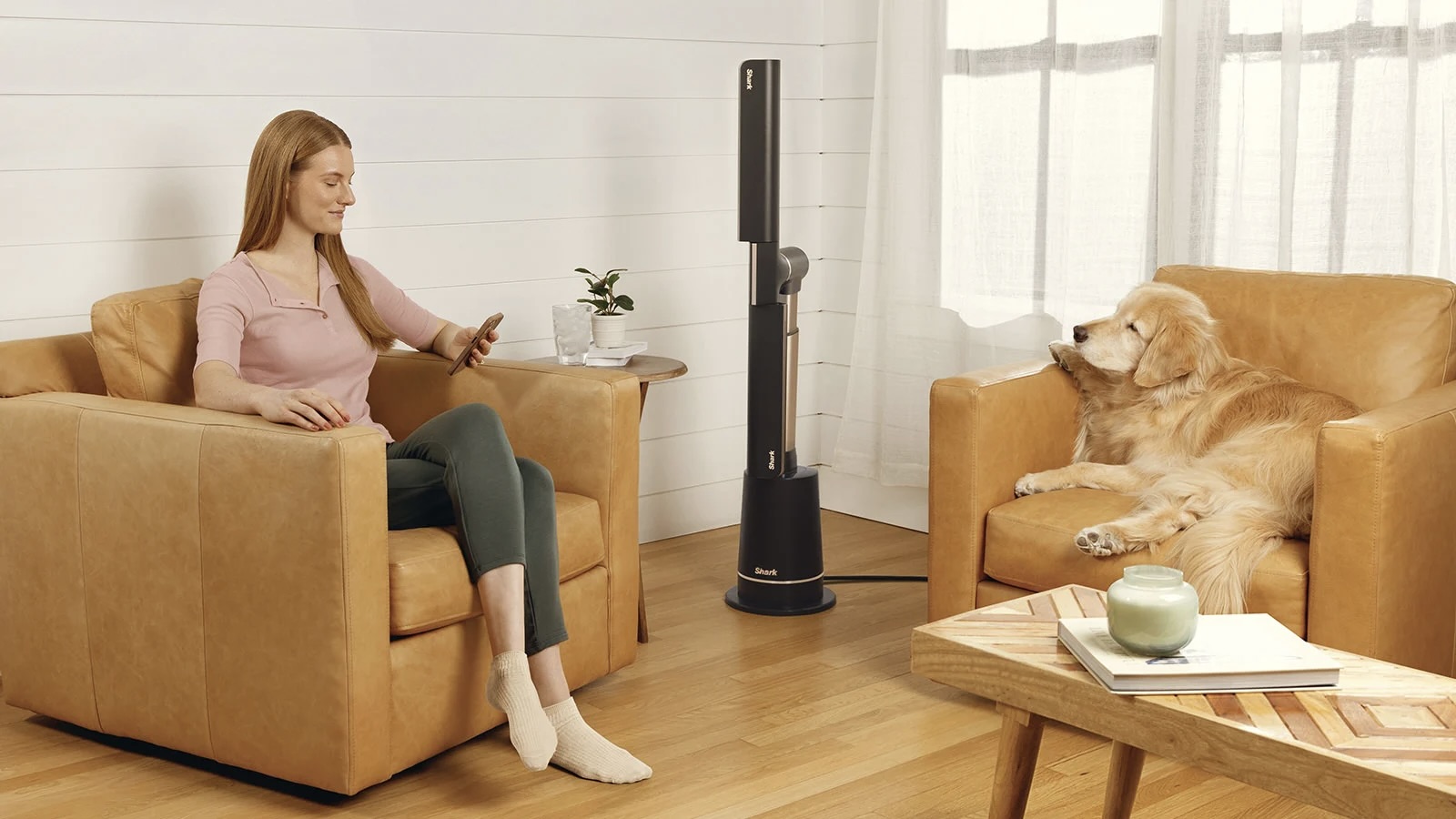
Shark’s latest fan is its most powerful and stylish yet – and it's completely bladeless
Now we're talking
By Lizzie Wilmot Last updated
-
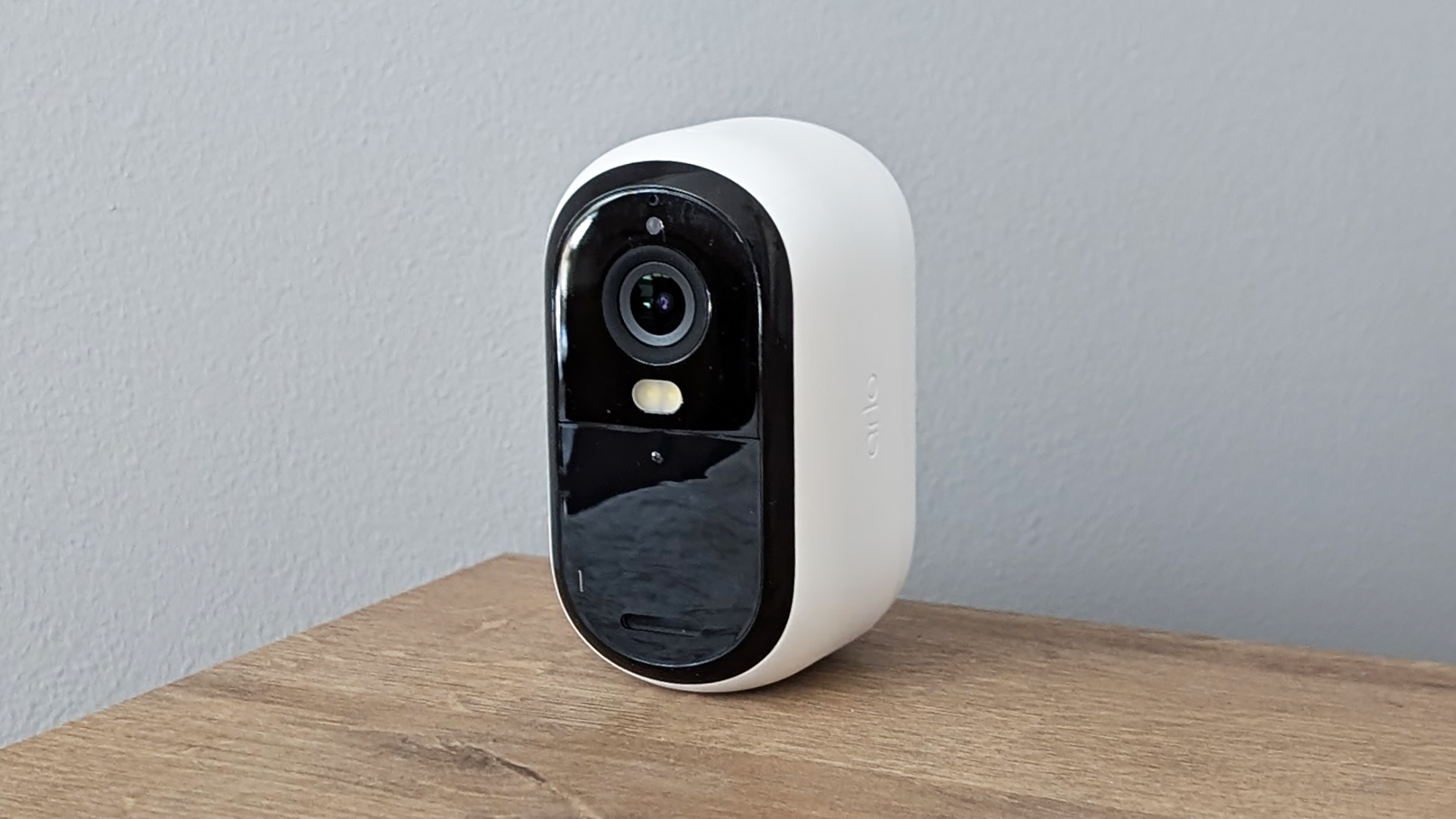
Arlo’s Essential security cameras are now available on Apple Home – here’s why that matters
Arlo upgrades its affordable security camera line-up with Apple Home integration
By Bethan Girdler-Maslen Published
-

WiZ adds immersive entertainment setup to its smart lighting range – I'm seriously impressed
...and that's coming from a die-hard Philips Hue fan
By Lizzie Wilmot Published
-
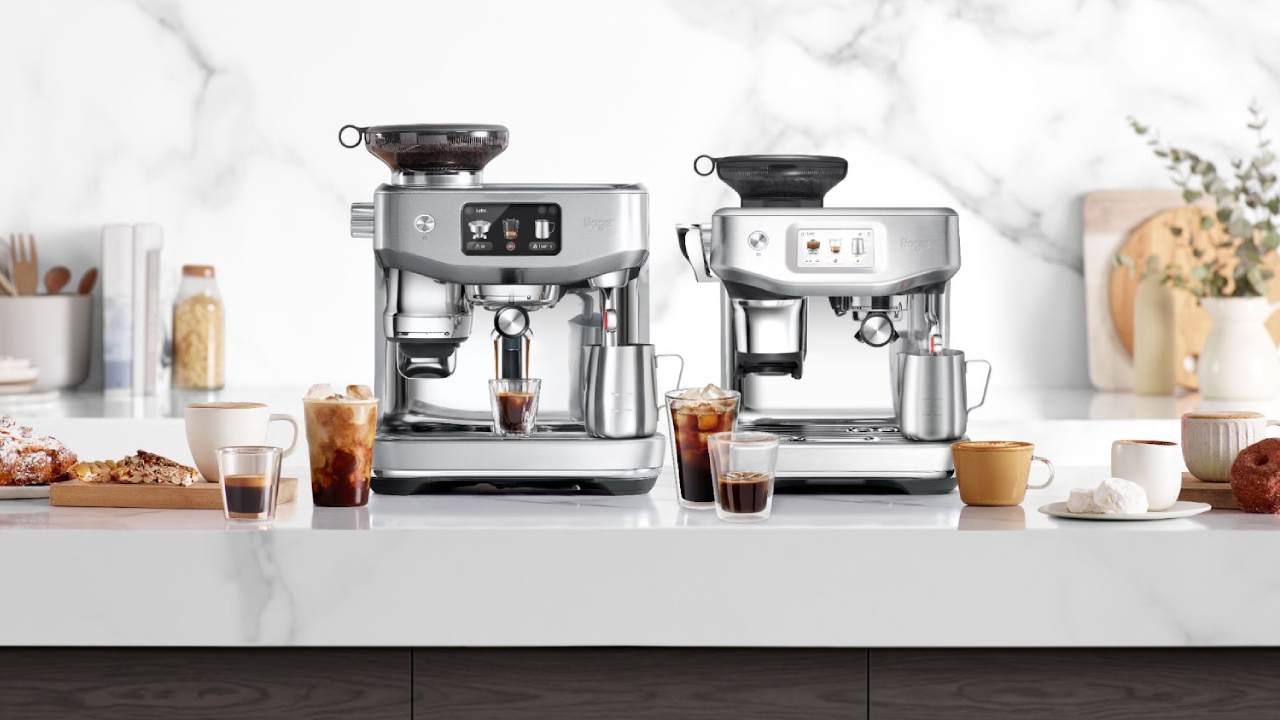
Sage gives its Barista Touch Impress coffee machine a Cold Brew upgrade
Sage upgrades its best bean-to-cup coffee machine with Cold Brew technology – and I’m obsessed
By Bethan Girdler-Maslen Published
-
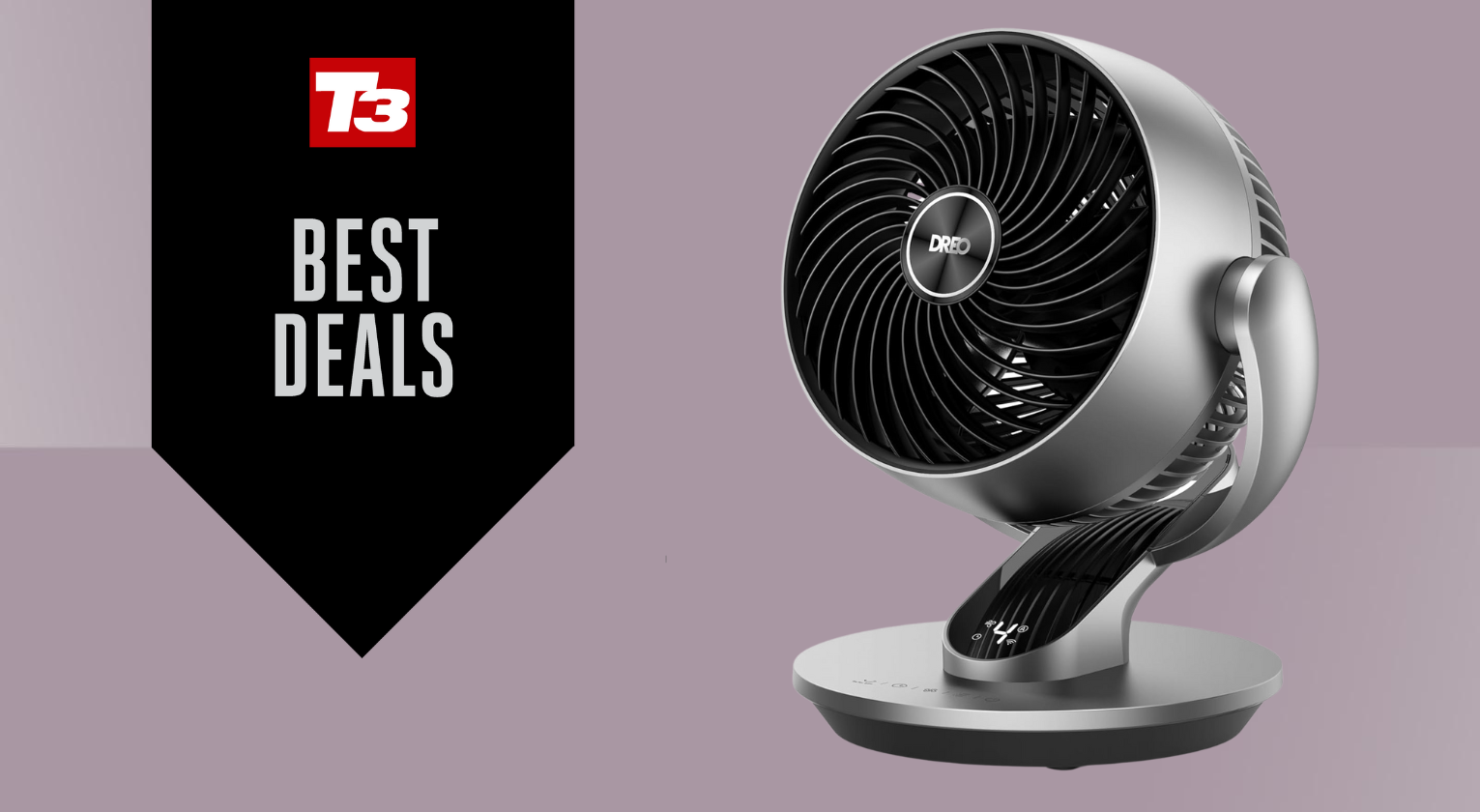
I just found my favourite smart fan reduced on Amazon – just in time for the May heatwave
What a fan-tastic deal
By Lizzie Wilmot Published
-
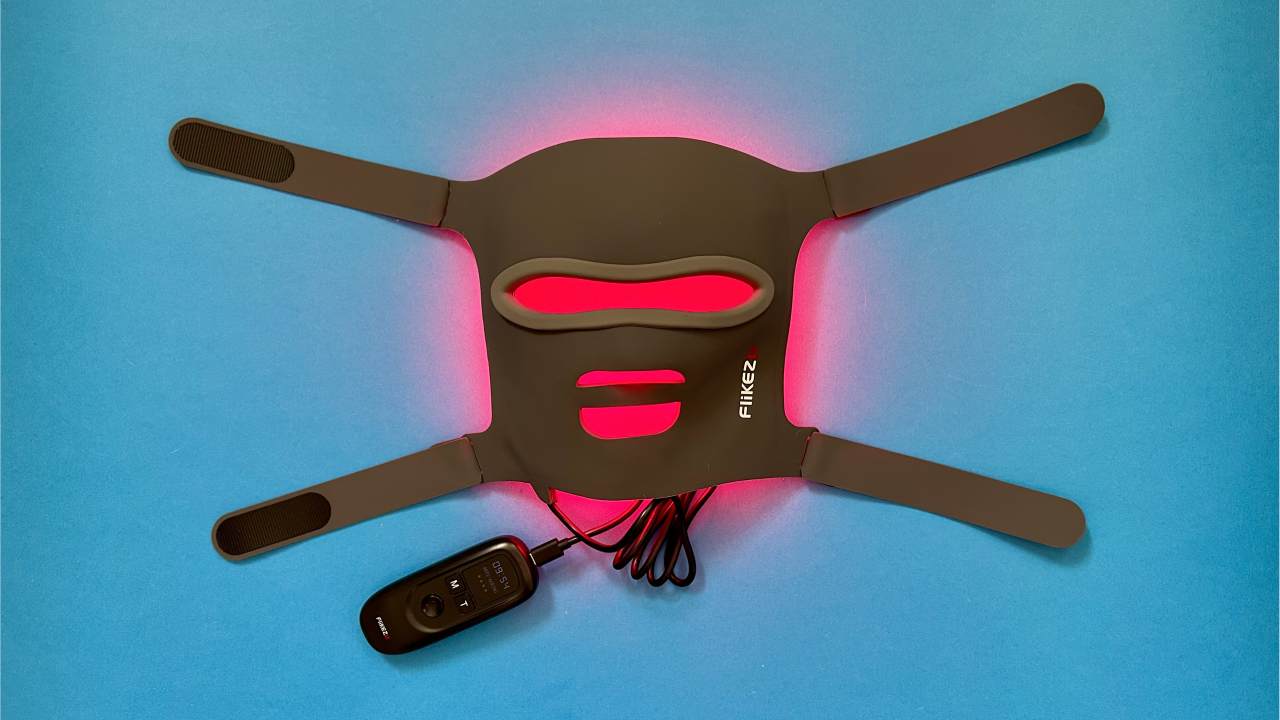
FlikEZE PhotonMask review: is this the comfiest LED mask ever?
With four treatment modes, a comfy contour-fit and a luxe storage case, this LED mask has everything you could want and more
By Joanna Ebsworth Published
-

Best women's perfumes and fragrances 2025: hit the right notes
Find the best women's perfumes, from sweet and decadent to exotic and green
By Bethan Girdler-Maslen Last updated
